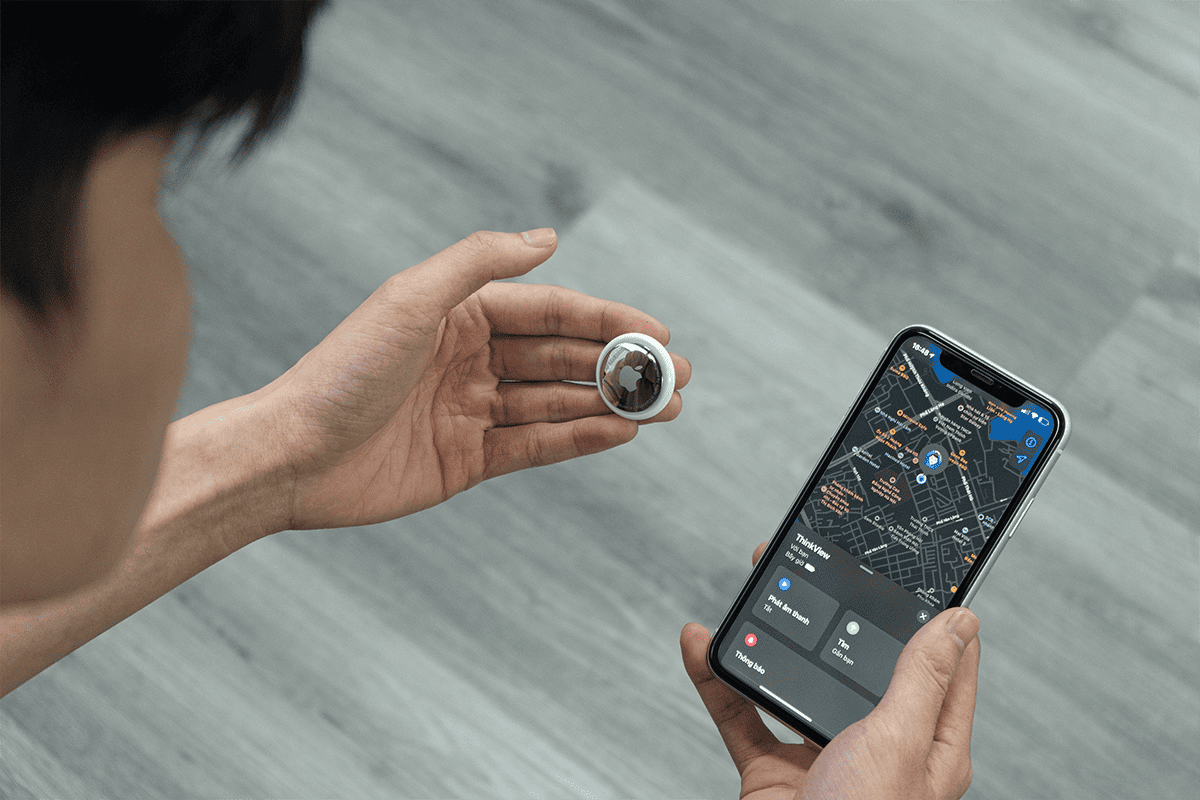Senate committee passes bill to criminalize placing trackers on people’s property

TALLAHASSEE, Fla. – A Senate committee passed a bill Wednesday that would make it a third degree felony for unauthorized use of tracking devices to monitor someone’s location without consent.
Sen. Jonathan Martin, R-Fort Myers, filed SB 758, and Rep. Tobin Rogers Overdorf, R-Palm City, filed a similar bill, HB 401, in the Florida House.
Martin’s bill passed favorably and unopposed through the Senate Committee on Criminal Justice Wednesday.
“This bill adds some language to the current statute that regards installing tracking devices on vehicles to track someone’s location,” Martin said. “Because it’s so much easier now to track individuals through AirTags, and apps and other devices.”
Under the bill, a person may not install or place a tracking device or tracking application on another person’s property without the other person’s consent.
According to the bill, a person is also prohibited from using a tracking device or application to determine the location or movement of another person or another person’s property without consent.
If passed, a person who violates this potential law would be subject to a third degree felony.
Under current Florida law, if a person installs a tracking device or application on another person’s property without consent, violators are subject to a second degree misdemeanor.
The bill excludes a law enforcement officer or any local, state, federal, or military law enforcement agency from receiving criminal penalties if they lawfully install or place a tracking device or application on another person’s property as part of a criminal investigation
It also excludes the following from receiving criminal penalties for tracking device or application installation or placement:
- A parent or legal guardian of a minor child.
- A caregiver of an elderly person or disabled adult, if deemed necessary for the person’s safety.
- A person acting in good faith on behalf of a business entity for a legitimate business purpose.
- An owner or lessee of a motor vehicle on such vehicle during the period of ownership or lease, under certain rules.
If both the Senate and House version of the bill pass through both legislative chambers and are signed by the governor, the legislation will take effect Oct. 1.



